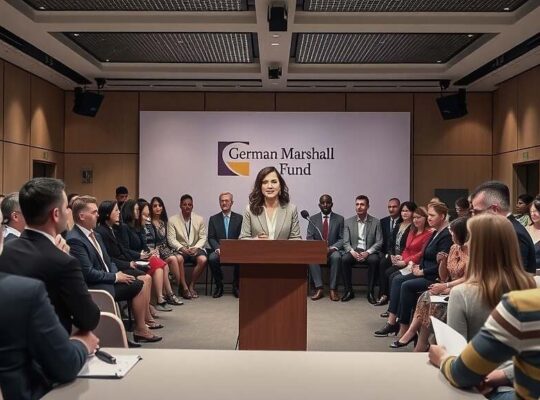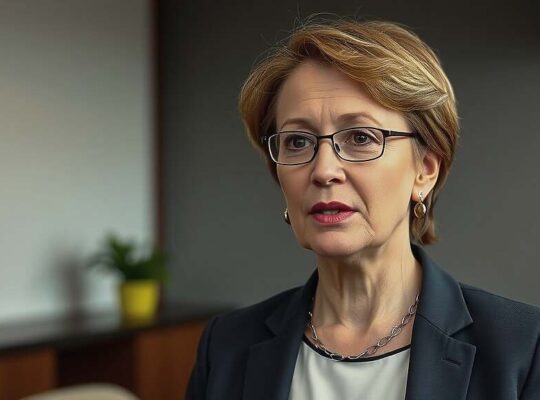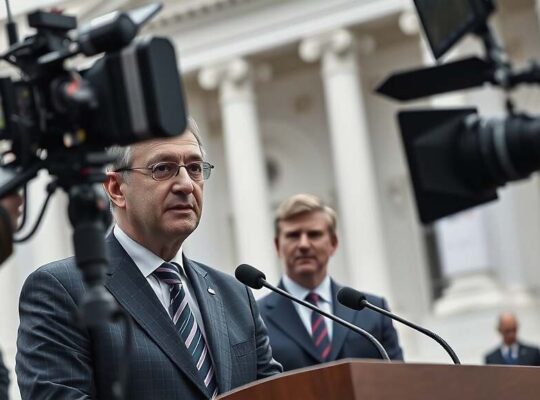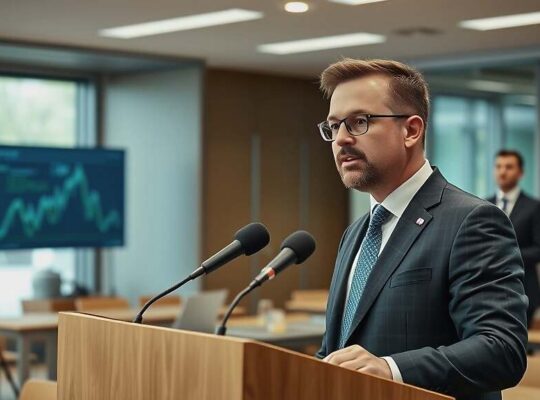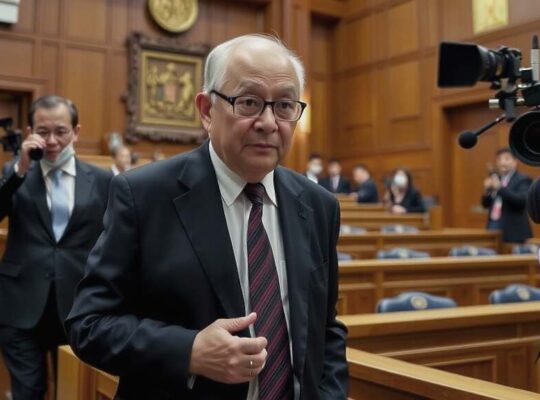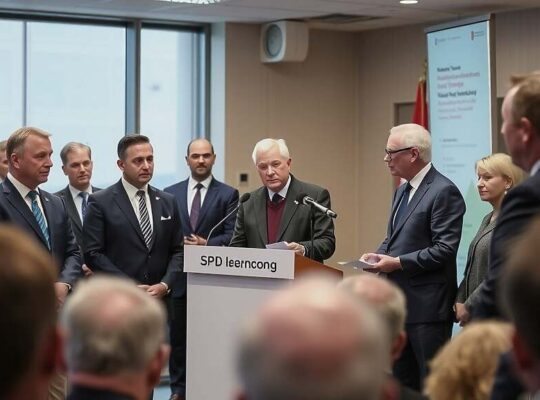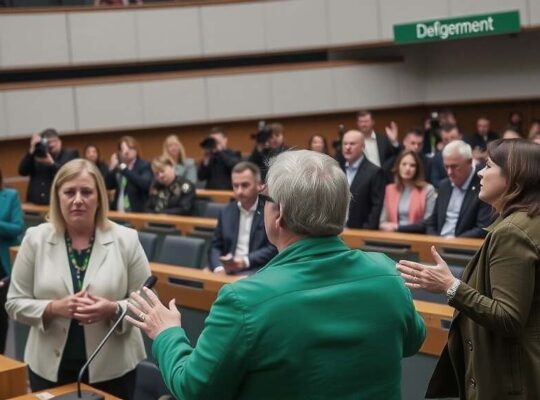The revelation that an engineer working for a production company collaborating with German broadcaster ZDF was, according to Israeli authorities, a member of Hamas has ignited a fierce debate concerning media objectivity and the potential infiltration of extremist groups within journalistic operations. Israeli Ambassador to Germany, Ron Prosor, has publicly demanded greater scrutiny of Hamas’s influence on media outlets, asserting a responsibility on the part of German broadcasters to inform audiences about the extent of its presence.
The disclosure, presented to ZDF in the form of documents allegedly proving the engineer’s Hamas affiliation, has prompted ZDF to terminate its partnership with Palestine Media Production (PMP). The engineer’s death during an Israeli attack in October, initially reported independently, now casts a shadow over the circumstances surrounding his work and the potential bias inherent in coverage originating from Gaza.
Prosor’s comments suggest a widespread problem, labeling the ZDF incident “just the tip of the iceberg”. He alleges a systematic filtering process, where even collaboration with seemingly neutral local producers is subtly influenced by Hamas. He posited that even if a collaborator isn’t overtly a member of the organization, their affiliation inherently impacts the images and narratives disseminated.
The situation underscores the challenging conditions under which international media operates in the region. With Israel severely restricting journalist access to the Gaza Strip, Western media are reliant on local partners for reporting. This reliance, however, creates a vulnerability to manipulation and raises complex ethical considerations.
The precariousness of independent journalism within Palestinian territories is starkly mirrored in international press freedom rankings. The Palestinian Territories occupy a dismal 163rd position out of 180 countries, significantly lower than Israel’s ranking of 112. The devastating toll on media professionals in Gaza – with over 200 journalists reportedly killed since October 2023 – further highlights the inherent dangers and potential for compromised reporting.
The incident raises serious questions about due diligence, source verification and the ethical obligations of broadcasters dependent on local partners in conflict zones. It also opens a new avenue for Israeli authorities to contest narratives emerging from Gaza, potentially leveraging similar allegations to scrutinize and discredit reporting that is critical of its actions. The ramifications extend beyond ZDF, prompting a broader interrogation of media practices and the potential for ideological contamination within international news coverage of the Israeli-Palestinian conflict.




